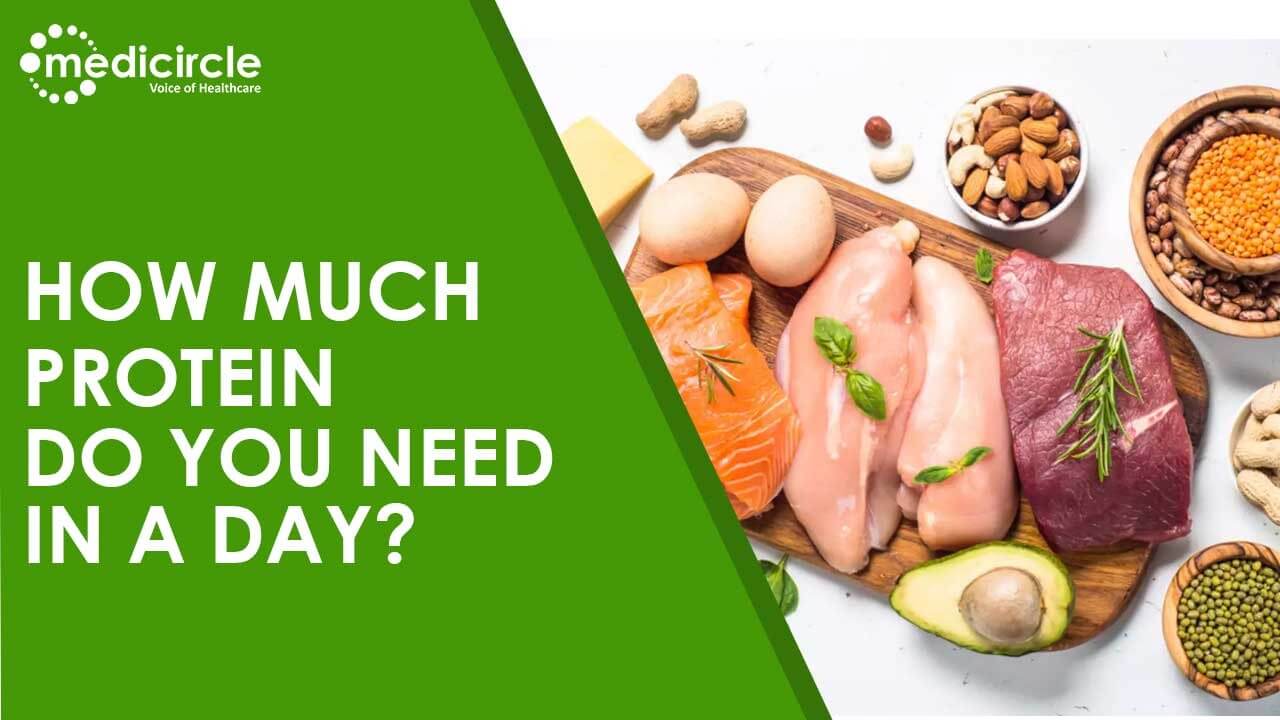Protein is considered the building block of life and is found in every cell of the body. Protein is made up of amino acids that are attached to one another in long chains. There are 20 different kinds of amino acids, and the sequence in which the different amino acids are arranged helps determine the role of that particular protein. Protein can be obtained from milk, meat, fish, eggs, and pulses. Protein is a word derived from the Greek language, which means basic or first. Proteins make up 18 to 20 percent of our body weight.
Functions of proteins
Transporting molecules throughout the body Helping repair cells and make new ones Protecting the body from viruses and bacteria Promoting proper growth and development in children, teenagers, and pregnant womenHow much protein is needed for the body - Protein is a basic nutrient just like carbohydrates and fats. This basic nutrient provides energy to the body. Experts say that it is very important to include protein in food. As a result of consuming protein-rich food, the stomach breaks down the protein into amino acids, after which the small intestine absorbs the protein. After this process, the amino acid reaches the liver. The liver decides which amino acids are necessary for our body. The liver provides beneficial proteins for the body and discards the harmful part. According to experts, people have different protein needs. An adult girl is recommended to consume 45 grams of protein a day while a boy should consume at least 55 grams of protein.
Symptoms of deficiency of proteins
Delayed growth Loss of muscle mass Thinning hair Edema, which is swelling that results from excess fluid inside the body’s tissuesHow Nutrients can be achieved - Experts say that protein deficiency can be met from milk, meat, fish, eggs, and pulses. People who exercise on a daily basis and those who want to reduce weight should use more protein. By doing strength-enhancing exercises, the proteins present in the tendons begin to break down, so more protein is needed to make the affected tendons stronger.
Side effects of taking too much protein
Kidney stones Bone loss Too much calcium in the bloodstream Liver complications
 Protein is one of the major macronutrients that make up your diet just as carbohydrates and fats. It is the building block of life
Protein is one of the major macronutrients that make up your diet just as carbohydrates and fats. It is the building block of life










.jpeg)

.jpg)







.jpeg)



.jpg)


.jpg)




.jpg)


